Interview: Peter Riley
In the first of this series, exploring the influence of a Cambridge education on renowned contemporary writers, poet and editor Peter Riley tells Ella Griffiths about student poetry in the 1960s
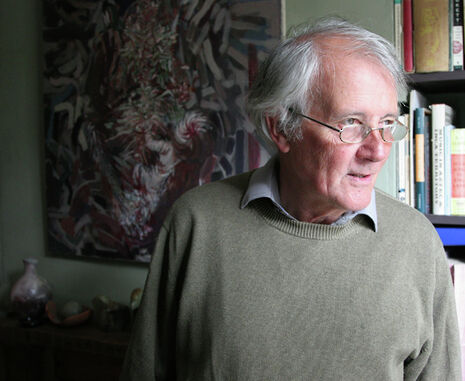
Peter Riley is author of over ten books of poetry, known as a Cambridge poet associated with J.H.Prynne. He was an editor and major contributor to literary magazine The English Intelligencer.
- You studied English Literature at Pembroke College; did being from the working class environment of Stockport affect your perception of Cambridge?
I was sent to Cambridge from a grammar school that expected to send four or five boys to Oxford or Cambridge every year so it wasn’t in itself a shock as it was what we were ideally working towards. This didn’t stop you feeling lost when you got there, especially in contrast to the public schoolboys who were obviously continuing a way of life they were already accustomed to.
- When did you start writing poetry? Had you always written since you were younger or did being at Cambridge act as a catalyst for your writing?
A strong interest in poetry and the possibility of writing it was well established before I set eyes on Cambridge. I have an extended essay in a collection called Cusp, edited by Geraldine Monk, just published by Shearsman Books, on how easy it was in the 1950s in a northern manufacturing town and on a small parental income, to educate yourself in modern poetry, mainly through the second-hand book trade. We were able to take advantage of a centuries-old tradition of learning among the labouring and clerk classes which stocked the place with serious books at low prices. We didn’t need guides either; we just helped ourselves to what was on the shelf.
- Did you think the style and content of the English Literature course was a formative influence upon your early poetry? Did you receive any advice from lecturers or teachers?
It was a separate thing. The fact that the coverage extended into the twentieth century maybe helped but the teaching encouraged a narrow view, mainly because Leavis dominated English teaching and insisted on a narrowing of the fieldin the name of “discrimination”, the necessities of which were never very decisive. In my experience there was no connection between the teaching and original writing and no facilitating of it.We did it all ourselves. You arrived inCambridge and found a whole scene in operation mostly run by 3rd-year students and graduates, which might have been quite intimidating but it did look out into the world for new attitudes, and didn’t set up an institutional authority over what you may write. Students published printed magazines regularly, some of them quite substantial, organised poetry readings by both visitors and themselves, and what more do you need? There was a local context and a national one which you were made aware of, and the only authority over what you did was that of your peers. Nobody tried to teach you how to write in workshops or courses. Student poetry wasn’t inflated into an academic subjectand you weren’t going to write PhDs on the poetry of your supervisor or your room-mate. Poetry writing was one thing and literary study was another, which I think is a healthy situation.
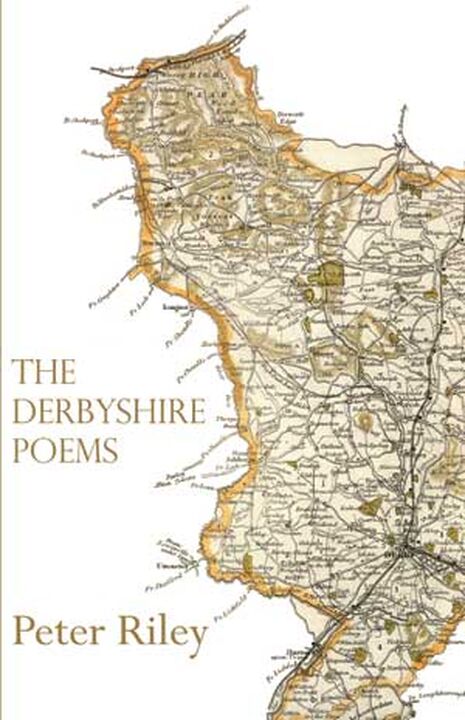
- Did you feel the college environment helped in creating creative networks? Were there any particular college poetry societies that you joined and felt were influential upon your work?
The trouble with poetry societies in Cambridge then as now is that they come and go like mayflies. As soon as you’ve got used to them they vanish because the people running them graduate and leave. I remember being very excited when Hughes and Plath revisited Cambridge to read together in Downing in about 1960. It was packed out. I was crushed into a doorway and could just see their heads in the distance. But influence is a different matter. At that age anything you’re exposed to can influence you at the time and I think it’s best if there’s a good variety of it.
- You are often known as a 'Cambridge Poet'; what do you feel were the key features of the style of poetry that you feel you and your fellow poets were creating? Did you feel that Cambridge was seen as a real poetic hub?
That was later. There was no such association when I was here, which was 1958-61. I think that being in Cambridge then did push you towards a more modernistic kind of poetry, perhaps because the Oxford English syllabus hadn’t yet admitted the 20th Century existed. The undergraduate thesis, particularly, was somewhere you were free to write about truly contemporary writers. I could probably have written one on Ezra Pound though I didn’t, I wrote one on Jean Genet. But I don’t think anything as recent as that could have got into the examination syllabuses. The most important thing for me was that while I was here I picked up on a lot of American poets who were doing new things, so that made quite a difference to my writing when it got under way, which was somewhat later. But that wasn’t the teaching; that was some kind of grape-vine.
- The 'Cambridge Poets' are often thought to be centered around J.H.Prynne; could you tell me about what Prynne was like? Why was his poetry so admired and formative upon this group of poets?
I didn’t meet Jeremy until four or five years after I’d left Cambridge. By then I think a more extreme situation was coming into being; whether your school happened to send you to Oxford or to Cambridge was likely to determine your entire view of poetry and the direction of your career in it if you were to have one. The situation was polarised. Possibly two men were responsible for this, Roy Fuller in Oxford and J.H. Prynne in Cambridge. They were both like magnets attracting kindred or unformed spirits to cluster together, and they were opposites.
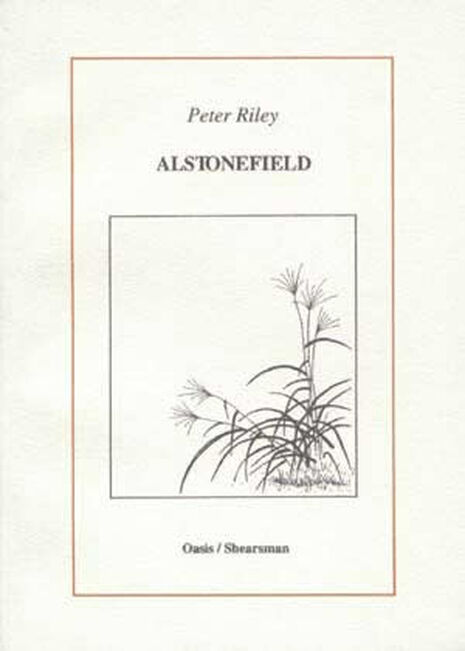
I slotted into the Prynne context because we were both interested in the new American poetry and the idea of a radical poetry in general, not at that time confined to a political sense. He has always attracted strong allegiance, specially from young poets, because he was massively enthusiastic, massively erudite, willing to devote enormous amounts of time and trouble to discussion with you, in my case by letter, and he was not dictatorial but genuinely sought to elucidate your own potential. And I suppose simply because he represented something new, which I felt to be a release from the limiting, subjective poetry which was normal in UK at the time. I felt it was a recapturing of the whole past of British poetry in a modern mode. But I don’t feel I ever belonged to any school or group of “Cambridge poets”. I was involved with tenor so poets including Jeremy, but we were all very different from each other and became more so later on. We talked to each other about poetry and exchanged copies of new poems for opinions about them but that was about it, apart from playing bar-billiards in various pubs. I think that a younger generation than mine might have developed into a “school” situation when they were Cambridge students taught directly or indirectly by Jeremy.
- When you pursued a career as a poet after university, did you find it difficult to establish yourself and your work in literary circles? What advice would you offer emerging poets today?
You just write. I’ve never believed in “promoting yourself” as a poet; indeed, I’ve never known how to do it, although obviously in some cases it works very efficiently. I’ve sought publication and participated in kindred enterprises from time to time, that’s all. I lived for quite a long time in rural Derbyshire, which isn’t exactly cluttered with opportunities for ambitious poets. All this made it, I found, a very slow process, which isn’t surprising given the kind of thing I’ve written and my lack of institutional endorsement. At times it seemed nothing was ever going to happen. If so, too bad, you just get on with it.
-Are there any key poetic principles that you feel your poetry embodies? Would you describe yourself as working within a modernist tradition?
As for poetical principles, yes, there should be, but you don’t write poetry with principles in mind, you rely a lot more on intuition. The principles can perhaps emerge in your critical writing. There are things I insist on, which puts it less pretentiously. I insist on the poetry being grounded in a sense of the real, as kind of showing what living is actually like, the where and when of it, which sounds simplistic and is, except that finding an ever-new and ever-fulsome language for that is the main part of the task. That “real” should include, but not be governed by, a distinctly poetic understanding, a shaping force.To institute a sense of adventure in the most ordinary perceptions. How’s that for an attempt?
- You have been the co-editor of The English Intelligencer (1965-1968) and editor of Collection (1968-1970). Do you feel that literary or poetic magazines still fundamental in shaping public taste today?
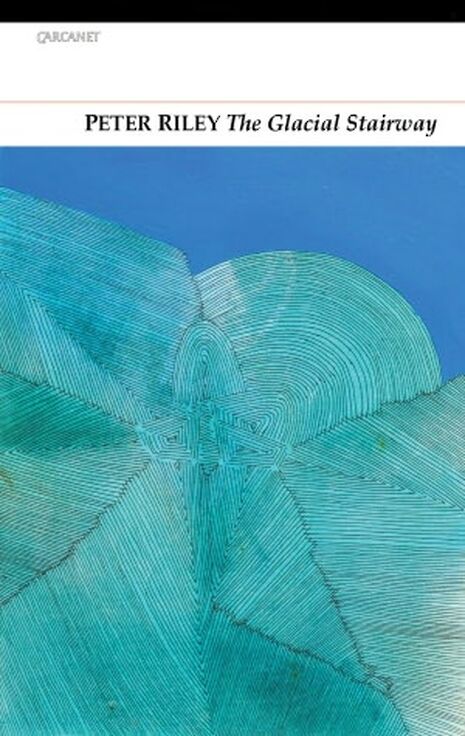
Your relationship with other poets can be quite difficult because you get drawn into, and elect yourself into, enterprises in publishing, criticism, readings, conferences etc. and personal relationships, which tend to fix your position as, you know, “a modernist” or “a formalist” or a “Cambridge poet” or something else. I’ve discovered very gradually that associations of any kind among poets are marginal to the central creative act, but they must be, as you can finally only write as what you are. You are essentially alone. I’ve got a bunch of very good friends now as a result of poetry who I think are good poets too, but that’s different. I don’t suppose any of them are perfect. But we do support each other. It’s taken a long time.
I don’t recommend criticism and reviewing for poets though I’ve done a fair amount of it and I now have a monthly reviewing column on a website called The Fortnightly Review. A lot of criticism by poets is a disguised promotion of their own poetry. I think you should only indulge in it if you’re sure that’s not the case.
- Is there any guidance that you would offer students who write poetry in terms of deciding upon a career as a poet and breaking into the public consciousness?
In the U.S.A. now there is elaborate machinery in operation which does this for you. It runs right through, from school to student courses and degrees in poetry writing, then to teaching it yourself so that, with luck, you will end up as a professor of poetry, living a life of conferences and festivals and endless honours. It’s oiled by the poetry prize system. They seem to have more poetry prizes over there than poets; I’m told you can hardly claim to BE a poet there, except to friends and family, if you haven’t got four or five prizes to your name. So it’s all mapped out, and in almost any kind of what you might call “serious” (intellectual etc.) poetry, whether modernist or traditionalist, there seems to be no avoiding it. Of course, there are other poetry scenes in the tradition of the “beat” poets and in various kinds of rhythmic performance, but they don’t get the rewards. It’s obviously getting more like that here every day. So, I think a young poet here is going to be faced with questions I didn’t have to answer, like whether you think you can work that machinery and retain integrity, or whether you need to be outside it.
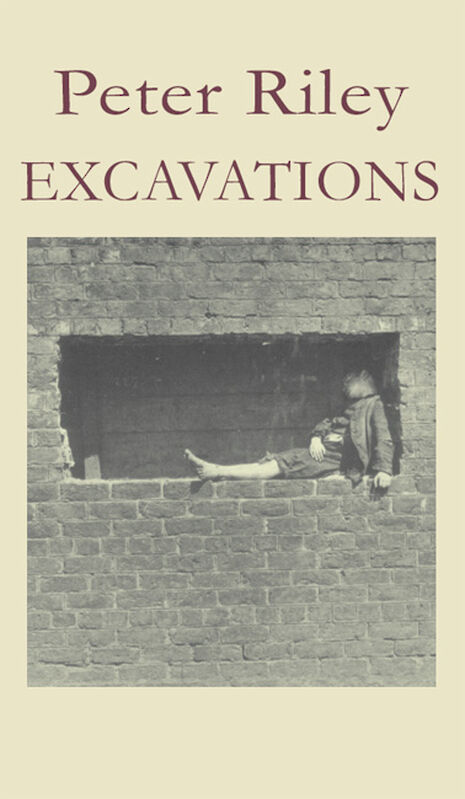
 Comment / Plastic pubs: the problem with Cambridge alehouses 5 January 2026
Comment / Plastic pubs: the problem with Cambridge alehouses 5 January 2026 News / Cambridge businesses concerned infrastructure delays will hurt growth5 January 2026
News / Cambridge businesses concerned infrastructure delays will hurt growth5 January 2026 News / New movement ‘Cambridge is Chopped’ launched to fight against hate crime7 January 2026
News / New movement ‘Cambridge is Chopped’ launched to fight against hate crime7 January 2026 News / AstraZeneca sues for £32 million over faulty construction at Cambridge Campus31 December 2025
News / AstraZeneca sues for £32 million over faulty construction at Cambridge Campus31 December 2025 News / Uni-linked firms rank among Cambridgeshire’s largest7 January 2026
News / Uni-linked firms rank among Cambridgeshire’s largest7 January 2026








